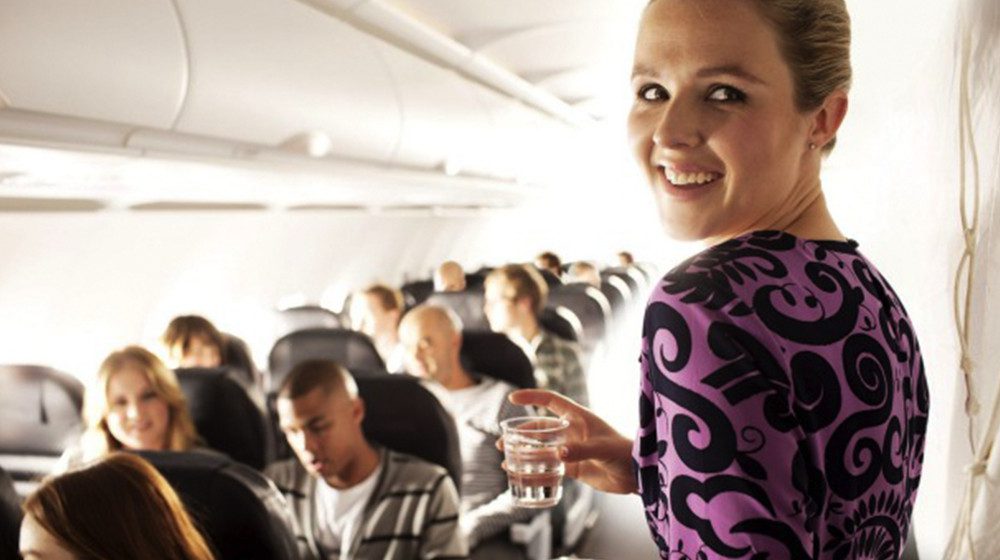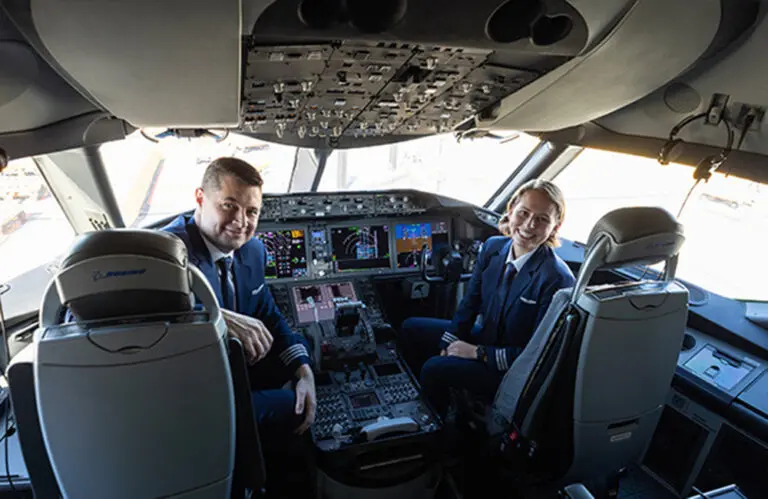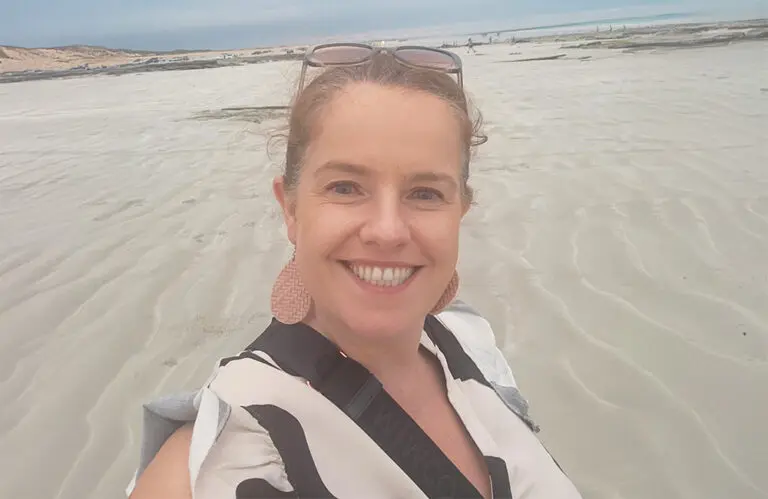Air New Zealand will more than double the amount of single-use plastic items it removes from its operations this year, when it stops distributing plastic bottles in its Business & Premium cabins.
To mark plastic-free July, Air New Zealand committed to removing 55 million plastic items – including plastic bottles – for its operations, up from 24 million the previous year.
This drastic increase will be driven by the carrier’s decision to cease using plastic water bottles in its Business Premier and Premium Economy cabins, as well as its Works Deluxe offering on Tasman and Pacific Island services under five hours in duration.

In total, these steps will see Air New Zealand divert 460,000 bottles from landfills annually and reduce carbin emissions by 300,000kg per year.
By the end of October, the carrier will have also eliminated individual plastic sauce packets from Business Premier cabins on mainland North America and Hong Kong services. Customers will instead be served sauce in reusable dishes.

And finally, coffee cups across domestic and international networks will be replaced with those made from plastic, while plastic water cups will be transitioned to recycable alternatives from September.
Anna Palairet, Air New Zealand’s Acting Head of Sustainability, said customers can help the airline in its mission to cut plastic waste by continuing to bring their reusable drink bottles and keep cups on board.
“Single-use plastic is a highly topical and visible issue for us and our customers, so we’re really pleased to be able to share this progress to celebrate Plastic Free July.”
Anna Palairet, Air New Zealand Acting Head of Sustainability
“The lack of composting infrastructure available in New Zealand is a challenge so we have been focused on reducing the amount of single-use plastic products we purchase in the first place.”
- READ: Air NZ takes off with alcohol-free gin during Dry July
- READ: Air NZ’s CEO Christopher Luxon resigns
- READ: AZ to allow all employees to have visible tattoos






